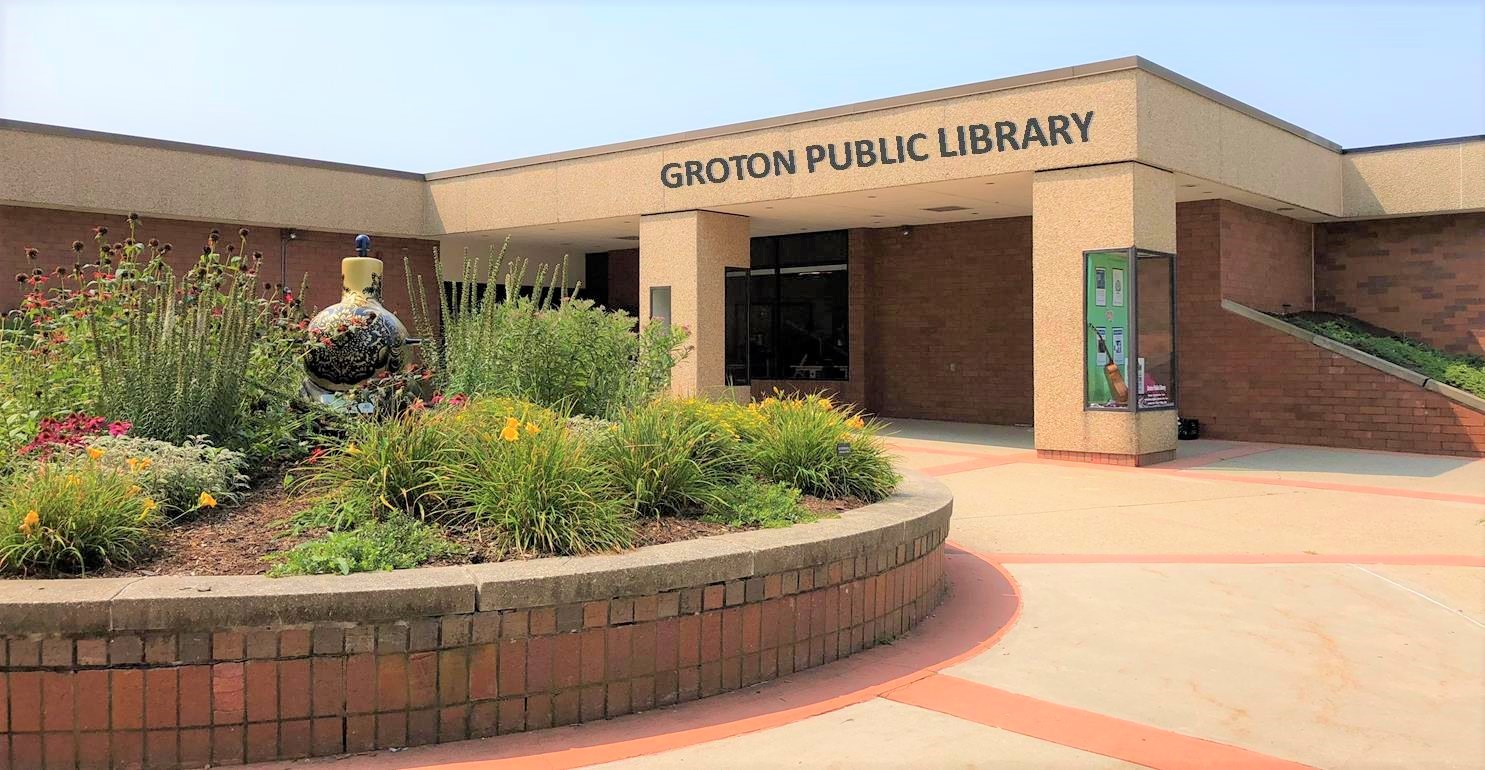Written by: Alex Houdeshell
I have always been a public library groupie. When I was younger, I was a regular patron at three different local libraries. Whenever my family moved to a new town, the library was always one of our first stops. On my tenth birthday, all I wanted to do was go library-hopping. For me, the benefits of public libraries have always been clear.
Despite this, libraries around the country are often underfunded, a problem which is only exacerbated by the pandemic. This is a challenge local communities need to meet, rather than ignore. While libraries may sometimes seem like an institution stuck in the past, run by stuffy old women wielding minor late fees, the equalizing nature of public libraries and their potential to adapt to the future makes them worth fighting for.
The most obvious service that public libraries in the U.S. afford is the lending of books and other materials. Because this service is so basic, it can easily be taken for granted, but prior to the advent of U.S. public libraries, books were really only available to the wealthy and to the clergy. This democratization of educational materials provides important opportunities to patrons of all social and economic classes. As Matt Damon famously says in Good Will Hunting, “You dropped a hundred and fifty grand on a f—ing education you coulda got for a dollar fifty in late charges at the public library.” While I’m not here to minimize the benefit of a college education, the point he makes here is still valid: Libraries provide knowledge for free. There is no barrier to entry. As social movements rock our nation and the truth of American equality is questioned daily, libraries exist as an equalizing tool.

Beyond just educational and resource materials, it’s no secret that libraries provide a plethora of other services as well. They provide community gathering spaces, discussion groups, programming for children and adults, free Wifi, free computer usage, technology assistance, career hunting materials, often things like voting materials or financial materials. I got my passport at a library. Again, almost all these resources are provided to communities free-of-charge. As Gen Z critiques capitalism on Twitter and TikTok, libraries exist as a great manifestation of their vision— tax dollars supporting the well-being of the whole community equally.
Granted, despite the services libraries provide, these services are worth less if people don’t know they exist. According to a Pew research study, only 22% of Americans said they are aware of “all or most” of the services and programs at their public library, and 46% said they know “some” of those resources. Rather than strip libraries of funding, by increasing funding libraries can hopefully increase their public presence, and increase awareness, so more people can take advantage of them.

Besides the specific resources that libraries make equally available, they also exist as a rare “third place” where you don’t have to justify your presence with money. According to “third place theory” coined by sociologist Ray Oldenburg, the first place is your home, the second place is your workplace, and third places are the spaces in between, where community is built and supported—this could be restaurants, clubs, coffee shops, bookstores. But many of these places, you’ll notice you come with an expectation of spending money. If you sit in a booth at your local Starbucks for a couple hours and don’t order anything, chances are you might earn some dirty looks. Libraries aren’t like that. You can pass days in a library without spending a cent, and nobody will think any less of you. Parks are another example of these spaces, but exposed to the elements, the outdoors comes with limitations. To put it plainly, libraries are one of the only places you can just exist, safely, and for free.
On top of all the benefits libraries offer freely and across-the-board, they’ve also proven themselves an institution that can adapt to change. As books and other reference materials have gone digital, so have libraries. Most libraries offer ebooks, and research materials online. As the pandemic has hit, many local libraries have organized books for pick-up, and shifted to online programming. The world may be changing, and that may put the position of libraries in flux, but that doesn’t change the importance of the overarching services they provide, or their ability to deliver those services.

Although public libraries do have a history of segregation in the United States, and undoubtedly have as much work to do as other institutions in breaking down racism and other forms of prejudice, their purpose within a society of providing for the community and educating the community puts them in a great position to do this work, and to help others do this work as well.
For all these reasons and more, we need to protect local libraries. According to public library action group EveryLibrary, the finances of local libraries are often complicated, tied between local taxes, state taxes, library governing boards, and others. But they argue it is important to understand the specifics of your local library, so you know how to advocate and vote to protect your library.
For most Americans, the benefits of public libraries are obvious. According to the same Pew Research Study, 76% of respondents said libraries are important to them and their families. We know libraries are important, but that isn’t the same thing as supporting them. Libraries provide so many services for their communities. In return, communities need to invest in their libraries.


You must be logged in to post a comment.